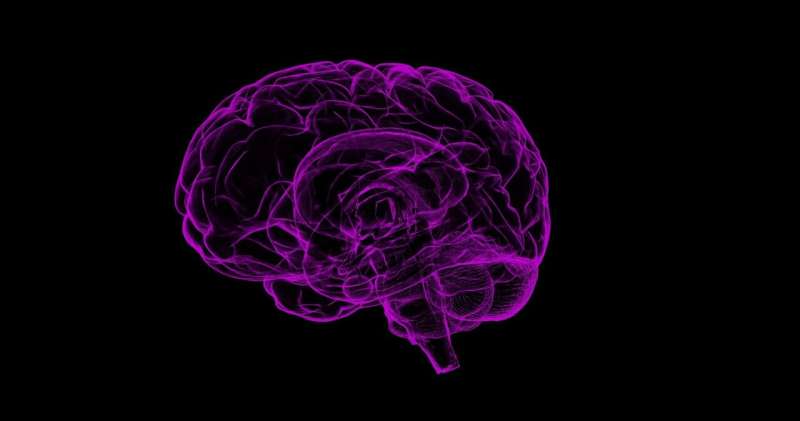Aquatic Therapy Benefits for Chronic Low Back Pain: Muscle Strength and Psychological Well-being

A new study reveals that aquatic therapy not only strengthens spinal muscles but also alleviates psychological barriers in people with chronic low back pain, offering a holistic approach to pain management.
A recent study conducted by researchers at Concordia University highlights the multifaceted benefits of aquatic therapy for individuals suffering from chronic low back pain. The research indicates that engaging in water-based exercises not only enhances muscular strength around the spine but also positively impacts psychological factors such as pain-related fears, anxiety, and sleep disturbances.
The study employed a randomized controlled trial involving 34 participants divided into two groups. One group participated in a structured aquatic exercise program, while the other followed standard land-based treatments. Both groups attended twice-weekly sessions over a span of 10 weeks, supervised by certified athletic therapists at Concordia's swimming facilities.
Participants completed comprehensive assessments before and after the intervention, including questionnaires on pain levels, disability, quality of life, and psychological health, alongside strength tests and MRI scans. Notably, those in the aquatic therapy group experienced a significant increase in the size of important spinal muscles, specifically the multifidus and erector spinae, which are vital for spinal stabilization. Interestingly, improvements in muscle size were primarily observed in the upper spine, while the lower lumbar region, often prone to deterioration, did not show similar gains.
Furthermore, both groups improved in lumbar strength, but the aquatic therapy group also reported reductions in pain-related fears and sleep issues. Dr. Maryse Fortin from Concordia emphasized that water-based exercises provide immediate relief by minimizing load on the spine, making it an effective medium for addressing psychological barriers linked to pain, such as kinesiophobia and pain catastrophizing.
This research suggests that integrating aquatic therapy into treatment plans for chronic low back pain can yield significant physical and mental health benefits. The findings support the potential for aquatic exercises to serve as a holistic approach to managing persistent back pain and improving overall quality of life.
Published in Scientific Reports, the study underscores the importance of considering psychological factors in pain management and the value of water-based interventions for long-term health improvements.
Source: https://medicalxpress.com/news/2025-06-aquatic-therapy-muscles-minds-people.html
Stay Updated with Mia's Feed
Get the latest health & wellness insights delivered straight to your inbox.
Related Articles
Innovative Radiation Therapy Shows Potential in Treating Severe Heart Rhythm Disorders
Stereotactic radiation therapy shows promise as a safer, noninvasive alternative to catheter ablation for treating severe, drug-resistant ventricular tachycardia, especially in high-risk patients. New studies highlight its comparable effectiveness and reduced complication rates.
Key Metric Identified to Improve Focused Ultrasound Treatment for High-Grade Gliomas
New research identifies a vital acoustic emission dose metric that could improve the safety and effectiveness of focused ultrasound treatments for brain tumors, enabling better drug delivery through the blood-brain barrier.
Elevated Cancer Risks Among Firefighters Highlight Occupational Hazards
Recent research shows that firefighters face increased risks of developing skin, kidney, lung, and other cancers, highlighting the importance of improved health protections and screenings for these vital first responders.
Extended Use of Injectable Contraceptives Associated with Increased Brain Tumor Risk
A new study links prolonged use of depot medroxyprogesterone acetate, a popular injectable contraceptive, to a higher risk of developing benign brain tumors in women, especially after four years of use or when initiated after age 31.



